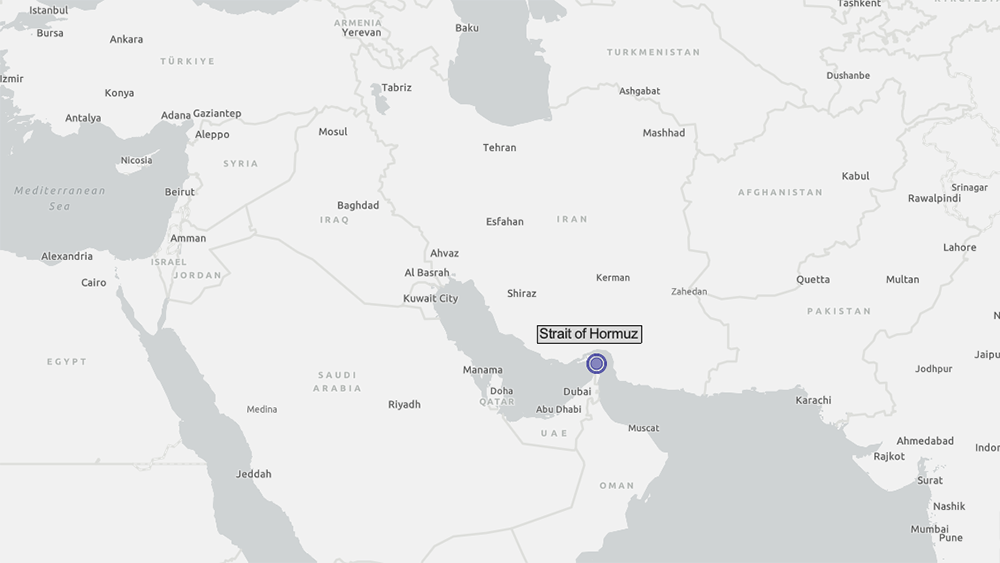Oct 11, 2023
Market experts eye Iran, crucial waterways for oil disruptions
, BNN Bloomberg
Oil markets are not yet pricing in risk of major oil disruption if Iran gets involved: Clay Seigle
Experts watching global oil markets for impacts from the Israel-Gaza war said Wednesday that the biggest risk to oil prices would likely come from Iran, should the country become involved in the conflict.
As of Wednesday, at least 2,300 people had been killed on both sides of the war, which has escalated since Hamas militants stormed Israel over the weekend, killing civilians and taking hostages. Israel has since bombed Gaza in retaliation and could soon launch a ground assault into the region, The Associated Press reports.
Canada and several other Western nations have declared Hamas a terrorist group.
Oil markets spiked four per cent Monday, but stabilized on Tuesday and have remained resilient since.
Clay Seigle, global oil service director with Rapidan Energy Group, said that could change if Iran gets involved in the war.
“The main thing to watch for is whether Iran becomes actively involved in the conflict and the reason why is because of Iran’s proximity to the really crucial waterway called the Strait of Hormuz,” he told BNN Bloomberg on Wednesday.
CRUCIAL WATERWAY
The Strait of Hormuz connects the Middle East to the Indian Ocean, a crucial stretch of water for oil exports entering the global market. Iran borders the entire northern shore of the strait.
According to the Strauss Center for International Security and Law, oil tankers transport about 17 million barrels of oil daily through the Strait, amounting to upwards of 30 per cent of the world's total consumption.
“If Iran gets involved in an active war situation, whether or not it involves the United States, then it’s entirely possible that we could see disruptions to that crucial oil and gas waterway,” Seigle said.
Robert McNally, founder and president at Rapidan Energy Group, told Bloomberg News on Tuesday that he also considers Iran the key player when it comes to the war’s impact on the global oil market.
“The road to an oil crisis leads through Iran,” he said. “Right now our odds are about 20 per cent, but with risks skewed sharply higher that this will affect oil in a material way.”
Iran has denied any involvement in the conflict, and no government worldwide has provided evidence connecting Iran to the war, though Iran is a financial backer of Hamas.
“Iran remains a very big wild card,” said Helima Croft, chief commodities strategist at RBC Capital Markets and a former CIA analyst, told Bloomberg News.
The Organization of the Petroleum Exporting Countries (OPEC) has spare oil reserves and can add production capacity to guard against supply issues, but a choke on the strait would render most of the provisions useless, according to Seigle.
“The major catch with using that spare capacity, it is almost all upstream from the Strait of Hormuz, the crucial waterway,” he said. “If that’s where the disruption takes place, it doesn’t matter how much spare capacity could be activated in the fields if it can’t get to market.”

The Strait of Hormuz is seen in this image. (Esri Canada / ArcGIS platform)
DEPLETED U.S. RESERVES
Seigle added that the U.S. government does have its own oil reserves in the event of a major disruption, but it’s already been nearly cut in half due to Russia’s invasion of Ukraine.
“The amount of oil inventories that are held commercially in the United States and in other countries is down significantly in the third quarter compared to the first half of this year and the strategic petroleum reserve that’s held by the United States government is only about 350 million barrels,” he said.
With files from The Associated Press and Bloomberg News






